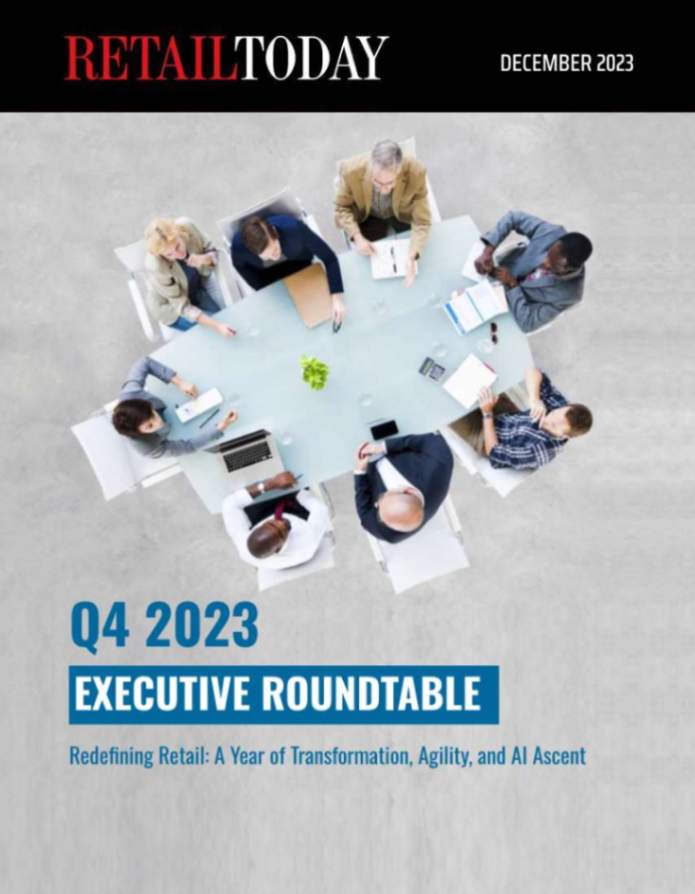Forter, the Trust Platform for digital commerce, today published the 2023 Trust Premium Report which explores the relationship between consumer shopping habits and brand trust. The report found alarming rates of false declines, cart abandonment and trust issues heading into the holiday shopping season, based on the feedback of 5,000 survey respondents across the U.S., U.K., Germany, Singapore and China.
When many consumers are cutting their spending, trust plays a critical role in retail performance. In fact, the report found survey respondents are willing to spend 46% more on average with retailers they trust – coined the “Trust Premium.” Unfortunately, the vast majority of respondents (76%)1 reported having a negative online shopping experience in the past three months.
“The Trust Premium represents potentially millions of dollars in revenue uplift for retailers,” said Michael Reitblat, chief executive officer and co-founder, Forter. “Retailers that lean into and invest in customer experience – from account creation to authentication to checkout – are best positioned to turn a profit over the Black Friday and Cyber Monday weekend.”
False Declines are Leading to Lost Revenue
Despite their growing buying power, younger shoppers face the most friction with online shopping; as Millennials and Gen Z (49%)2 are up to four times more likely to be falsely declined at checkout compared to Gen X (27%)2 and Baby Boomers (8%)2. In the race to win the next generation of shoppers, ensuring the legitimate ones have a friction-free experience is critical.
While false declines impacted consumers across all five regions, the U.S. had the highest percentage (56%)2 of false declines in the last 90 days, followed by Singapore at 48%2.
With many new shoppers venturing into digital commerce, Forter has found that retailers often turn away new — but trustworthy — customers simply because they’ve never encountered them before. The company’s first-party data revealed that false declines are typically five to 10 times higher than actual fraud. In fact, Forter estimates based on its first-party data that for every $1 retailers lose to fraud, they forfeit $30 by declining legitimate consumers.
A lack of data and insight ultimately leads to false declines instead of an opportunity to secure the customer’s lifetime value.
Abandoned Carts at the First Sign of Friction
A seamless checkout experience is one of the most essential pieces of building trust and completing a transaction. However, 77%3 of survey respondents report that they would abandon a purchase if the checkout experience is too difficult or time-consuming.
While retailers often rely on one-time passwords (OTP), CAPTCHAs and order reviews to enhance security, when used indiscriminately, they deter good customers and leave money on the table. Forter’s first-party data found that mandating account creation can cause, on average, 3-5% of consumers to drop off, while requiring consumers to validate their email addresses/phone numbers can cause an average 4-7% drop-off rate. By creating unnecessary friction, retailers are turning away good customers – and their wallets.
Retailers Have a Trust Problem
Consumers globally dealt with negative shopping experiences – from alarmingly high rates of false declines to lengthy checkout processes.
Surprisingly, while retailers are in heated competition for every dollar, they are unknowingly turning away good customers. That stems from a struggle to identify those customers. Because retailers aren’t able to accurately assess the trustworthiness (and identity) of consumers visiting their sites, their fear of fraud leads to unnecessary friction, abandoned carts, false declines and lost revenue.
“Our report reveals the brands that win the next generation of shoppers will provide fast, frictionless and fraud-free shopping experiences — and establish a mutual trust with their consumers,” said Reitblat. “Friction in the purchase process no doubt persists, but it doesn’t have to go unabated. Balancing the importance of fraud prevention without impacting customer experience will be the next major test for retailers during the upcoming holiday shopping season.”






